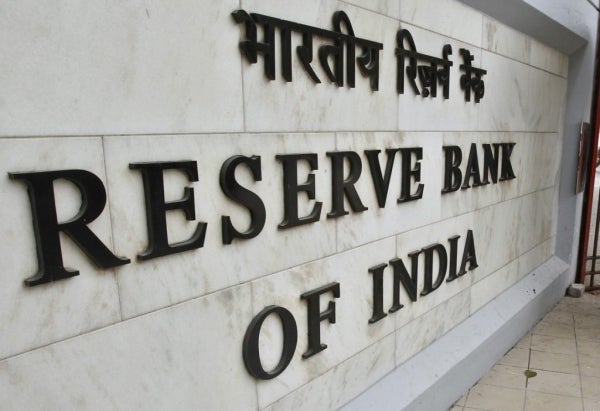
The Parliament of India has passed amendments to the Banking Regulation Act in order to bring co-operative banks under the supervision of the Reserve Bank of India (RBI), the country’s central bank.
The move is aimed at protecting the depositors’ interest.

Access deeper industry intelligence
Experience unmatched clarity with a single platform that combines unique data, AI, and human expertise.
It comes after the Indian government decided to bring the urban and multi-state co-op banks under RBI governance, back in June 2020.
Initially, due to the Covid-19 pandemic, a bill could not be passed in the parliament’s budget 2020 session.
As a result, the government had brought in an ordinance.
The Banking Regulation Amendment bill replaces this ordinance, passed by a voice vote in Parliament’s upper house Rajya Sabha.

US Tariffs are shifting - will you react or anticipate?
Don’t let policy changes catch you off guard. Stay proactive with real-time data and expert analysis.
By GlobalDataThis bill will help boost access to capital for the lender under RBI’s supervision.
The Finance Minister Nirmala Sitharaman said that in the last one-and-a-half to two years, “we came to know of so many cooperative banks or cooperative societies functioning as banks and calling themselves as banks falling into difficulties.”
She added: “Their finances are also being closely monitored by the regulator, the RBI, which regulates them from 1965 onwards.”
Sitharaman cited Punjab and Maharashtra Co-operative (PMC) Bank as common examples, among others.
She added that within a matter of two weeks, everything was sorted out for Yes Bank which was governed by commercial bank rules, “whereas, even till today, the PMC Bank solutions are not completely emerging, thus putting the depositors into difficulty.”
Furthermore, Sitharaman pointed out that currently, commercial banks “rules do not extend to cooperative societies which function as banks. So, cooperative societies doing other activities are not going to be covered.”
In terms of performance, the minister notified Rajya Sabha stating that nearly 277 urban cooperative banks have reported losses, 105 are unable to meet the capital requirements and 47 have a negative net worth.
Besides, as of last year, 328 banks have a gross NPA ratio of over 15%.







